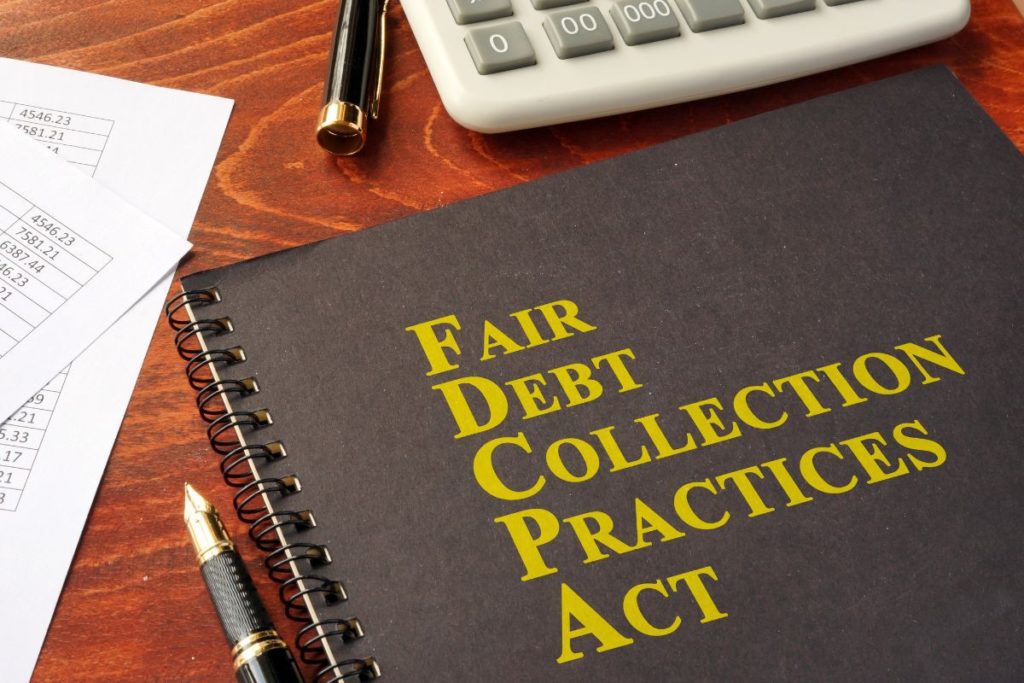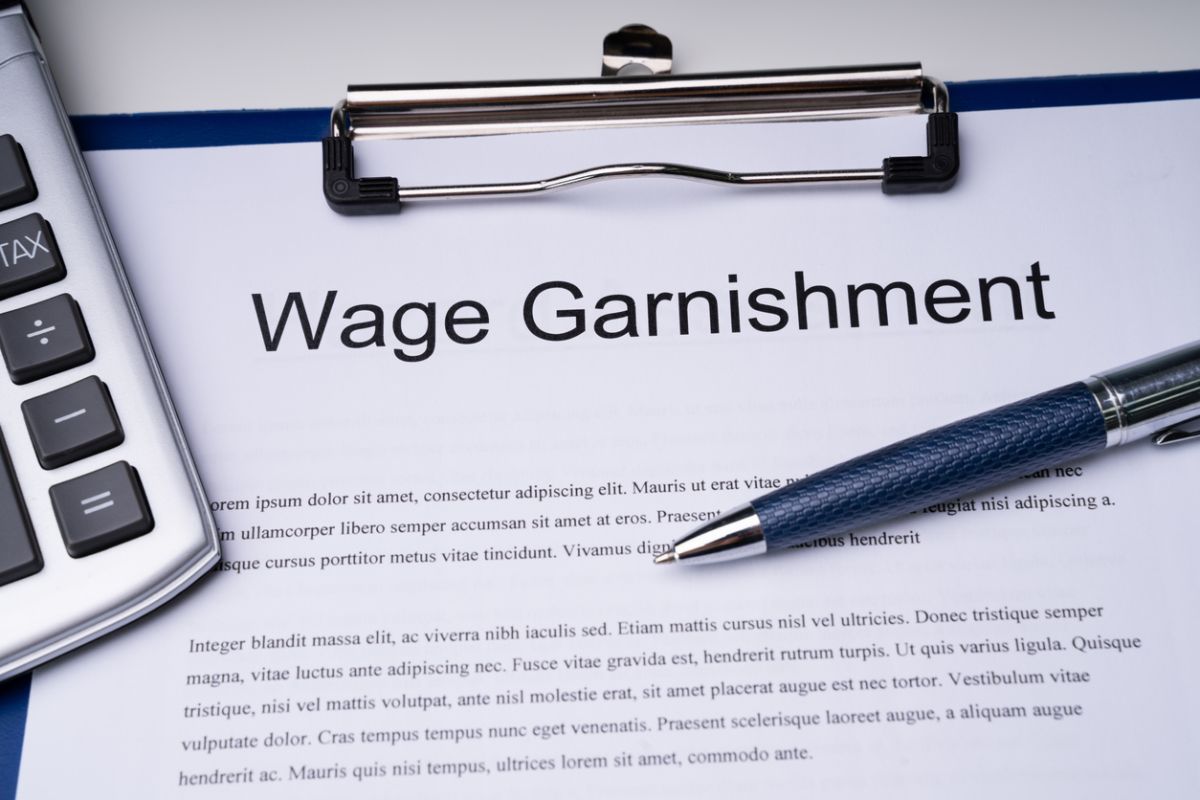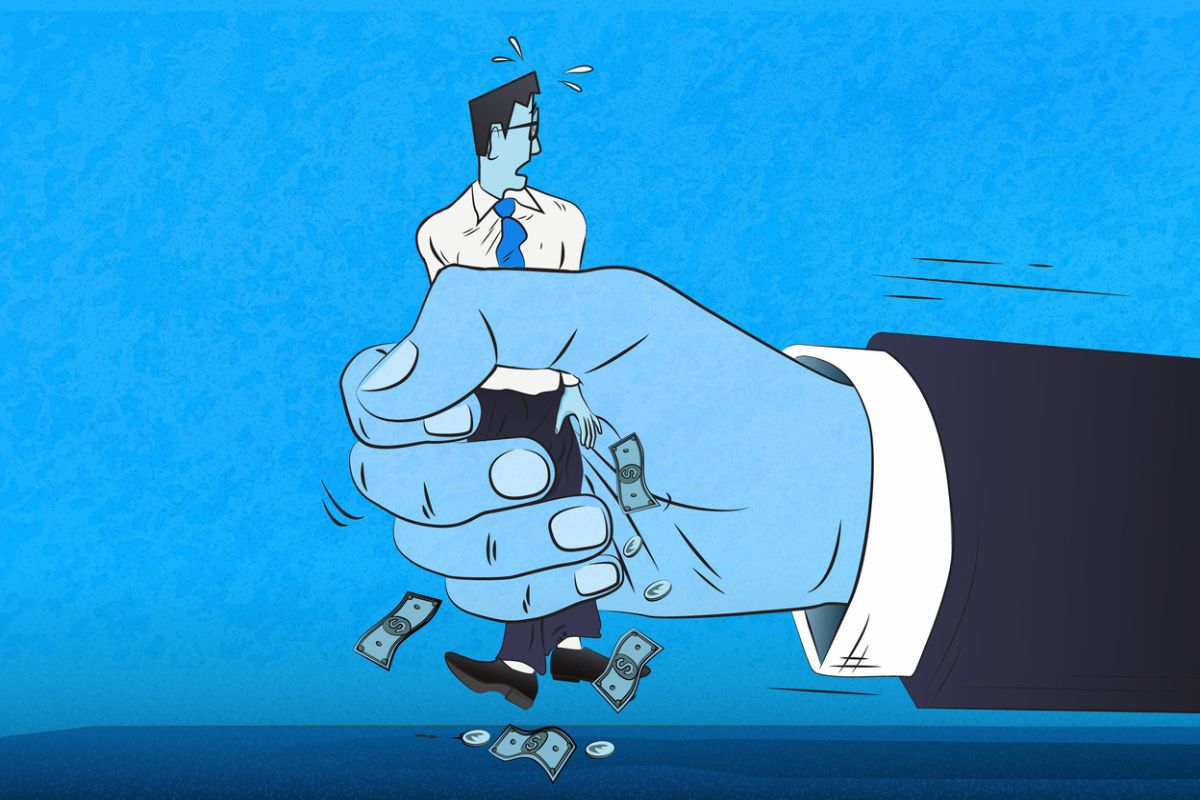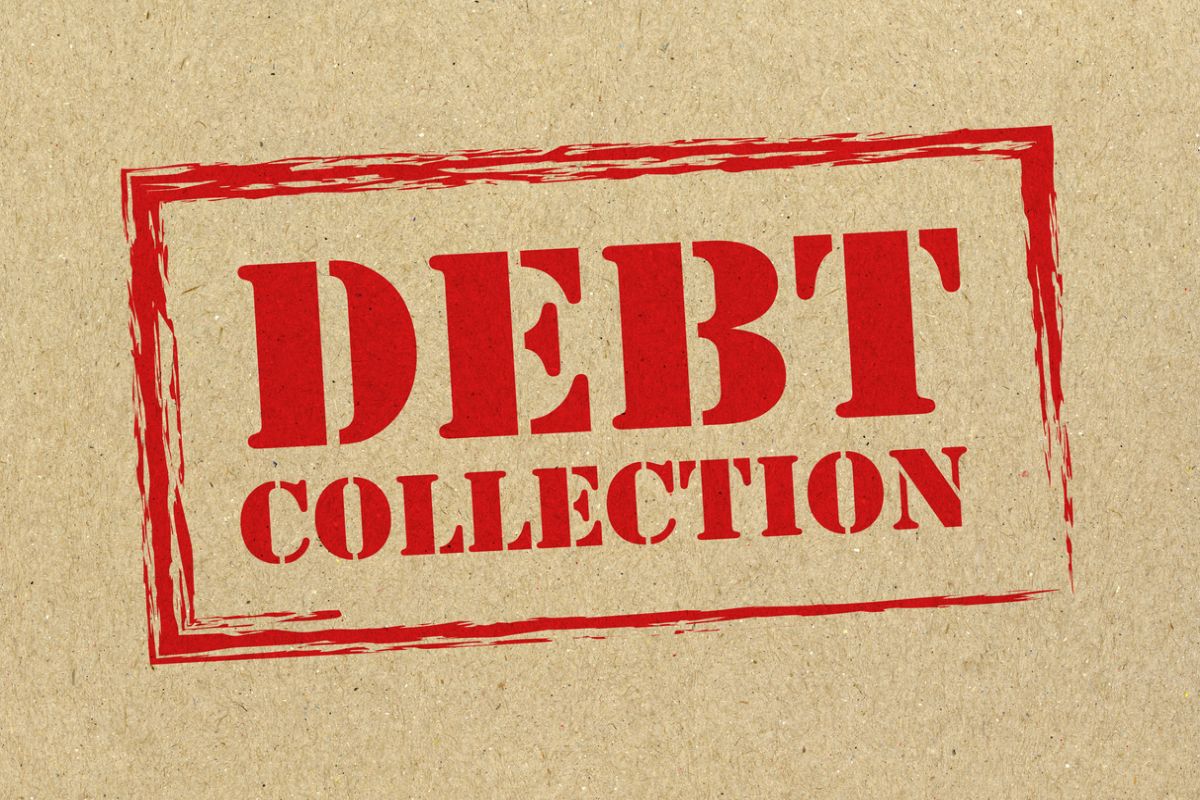The Fair Debt Collection Practices Act (FDCPA) is a federal law that protects consumers against debt collectors and sets limits on what debt collectors are allowed to do when collecting debt, as well as when they are allowed to collect. The FDCPA prevents collection companies from engaging in any behavior that may be considered abusive, deceptive, unfair, or otherwise harmful to you. If you feel a debt collector has violated the provisions of the FDCPA, contact a Franklin consumer protection attorney.
The Fair Debt Collection Practices Act
The FDCPA covers the collection of credit cards, medical debt, or other personal debt. Business debt is not covered under this law. Under the FDCPA, debt collectors that must abide by these rules include collection agencies, debt buyers, lawyers, and anyone else who regularly collects past-due debt as part of a business (but not original creditors such as banks).
As part of the consumer protections the FDCPA offers, the law provides restrictions on when, where, and how much a collector can contact you in attempt to collect payments on a debt. Although there are no specific number amounts pertaining to the number of calls a debt collector can make, debt collectors are not allowed to contact you at any unusual time or place. This prohibits collection calls before 8 AM or after 9 PM. Debt collectors also may not contact you at work if they are aware you are not allowed to receive communications at work. Harassment through any form of contact is prohibited.
Debt collectors are required to stop contacting you if they know you are being represented by a Tennessee consumer protection attorney. If you have an attorney and you respond to a debt collector’s call, inform them of the name of your attorney and that they should contact them instead of you.
The Debt Collection Rule
The Debt Collection Rule became effective as of November 30, 2021. The Debt Collection Rule exists with the intent to interpret and clarify the FDCPA. This helps to identify when a debt collector has violated the law. A debt collector is presumed to have broken the law if they contact you more than seven times within a seven-day period or within seven days after speaking with you about a debt.
These limits do apply to each debt that is in collection. It may be difficult to discern where a violation is made if a collector attempts to collect multiple debts. In the case of student loans, multiple debts may be counted as one. In that case, the limits would apply to the debts that are grouped.
Though there are certain limitations to these collection phone calls, other communications such as text messages, emails, in-person communications, or social media interactions are not included under the FDCPA. There are other protections for consumers against those forms of debt collection.
Fair Debt Collection Practices Act & Harassment in Nashville
If you have questions about the Fair Debt Collection Practices Act or you think you have experienced harassment by a debt collector in Nashville, there are several things you can do. You are allowed to tell a debt collector to stop calling you. This doesn’t stop them from trying to collect debts from you in other ways, but it may prevent them from persistent phone calls. The Consumer Financial Protection Bureau (CFPB) has also prepared sample letters to respond to a debt collector. If you communicate with a debt collector in writing and tell them to stop contacting you, a debt collector is not legally allowed to contact you again. The only reason a debt collector would be allowed to contact you again is to say there will be no further contact or notify you of legal action brought against you.
The skilled consumer protection attorneys at Fitzgerald & Campbell, APLC, can help you if you are the victim of debt collection harassment in Nashville, Franklin, Murfreesboro, or Spring Hill. Contact them at 615-845-4595 or complete the contact form to request a consultation.






